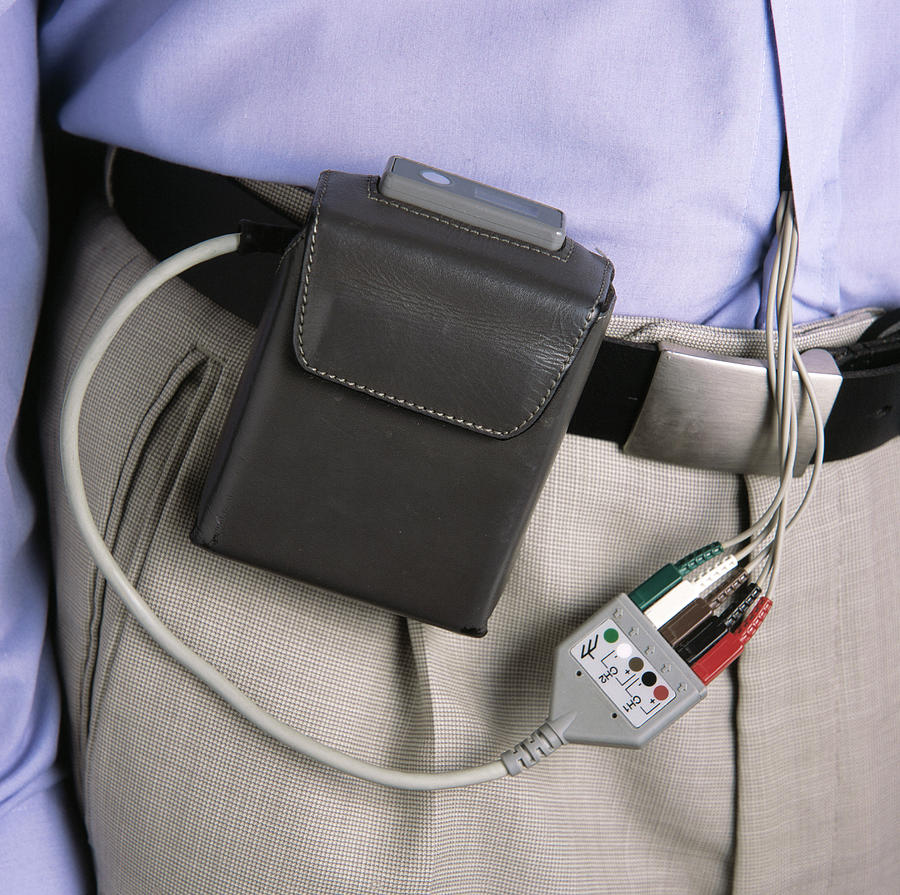
The advanced algorithmic technology is a cost-effective, easy-to-use tool that allows doctors to detect CHF patients’ symptoms before they appear. HearO is a first-of-its-kind AI voice biomarker solution that monitors patients’ unique speech patterns to detect warning signs of worsening or possible complications. “By adapting smartphones into medical-grade devices, this solution could create widespread access to medical oversight and vastly improve outcomes for CHF patients.” “Hospital Bellvitge embraces this opportunity to integrate digital health solutions to real-world hospital settings,” says the Multidisciplinary Community Heart Failure Unit (UMICO). As leaders in digital health, Hospital Bellvitge and AstraZeneca are blazing a trail for other healthcare providers to efficiently implement the HearO app across unique healthcare systems.” Tamir Tal, CEO of Cordio Medical, said: “The pilot aims to familiarise cardiologists, nurses, and patients with the medical-grade digital system. The studies’ results indicate an 82% success rate of predicting a heart decompensation event up to 22 days before its occurrence. Previous and ongoing studies in Israel and the United States have tested and validated HearO’s technology. The pilot will track HearO’s success rates of patient compliance and HearO’s ability to issue notices prior to potential heart failure events over a six- to nine-month period. The objective of this pilot is to assess the feasibility of using the app to monitor CHF patients in the hospital and at-home settings.

Today's recommendation not only highlights the clinical superiority of KardiaMobile against the current standard of care, but also its position as a more cost-effective solution, therefore warranting its value as a clinical tool to support rapid diagnosis of AF.The HearO smartphone app provides access to medical-grade technology to improve Congestive Heart Failure (CHF) patients’ ability to monitor symptoms, manage treatment, and improve their quality of life. KardiaMobile can also detect normal heart rhythm, offering users peace of mind.Ĭommenting on the announcement, Priya Abani, CEO, AliveCor said, "AliveCor is proud to be able to offer the only NICE-recommended personal ECG to support remote cardiac care services for patients not in front of their cardiologist. KardiaMobile provides instant detection of AF, bradycardia and tachycardia, which are leading indicators of cardiovascular disease. The user starts a 30-second ECG recording on their smartphone via the Kardia app - by placing two fingers from each hand on each of the two top electrodes - enabling the patient to remotely capture a medical-grade recording of their heart activity. Unlike traditional ECGs, KardiaMobile provides a compact, patchless and wireless solution that can be used at any time and anywhere. Today's recommendation of KardiaMobile - a clinically-validated digital tool to allow people to monitor their heart rhythm at home, avoiding the need for hospital appointments - is a great step forward for cardiac services." "With the NHS over-stretched, it is encouraging that NICE has recognised the value of utilising smart technology to support clinicians. With difficulties in accessing in-person care and increased waiting times, concern is that diagnosis rates have fallen further, leaving thousands of people at risk of life-threatening cardiovascular complications, such as an AF-related stroke" said Professor Matt Reed, RCEM Professor, Consultant and NRS Fellow in Emergency Medicine, NHS Lothian.

"AF diagnosis rates across the UK pre-pandemic were already too low. Almost half of the 1.3 million people in the UK living with AF are undiagnosed, leaving them particularly at risk of suffering the life-changing, and often devastating, effects of this serious form of stroke.5 Stroke detection and prevention is key to the NHS Long Term Plan, in efforts to save thousands of lives and reduce the staggering costs of disease – approximately £3 billion per year direct costs to the NHS, with further £4 billion to the UK economy in lost productivity, disability and informal care.

AF, the most common form of arrhythmia is a leading cause of AF-related stroke.


 0 kommentar(er)
0 kommentar(er)
